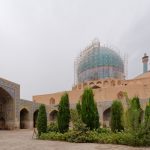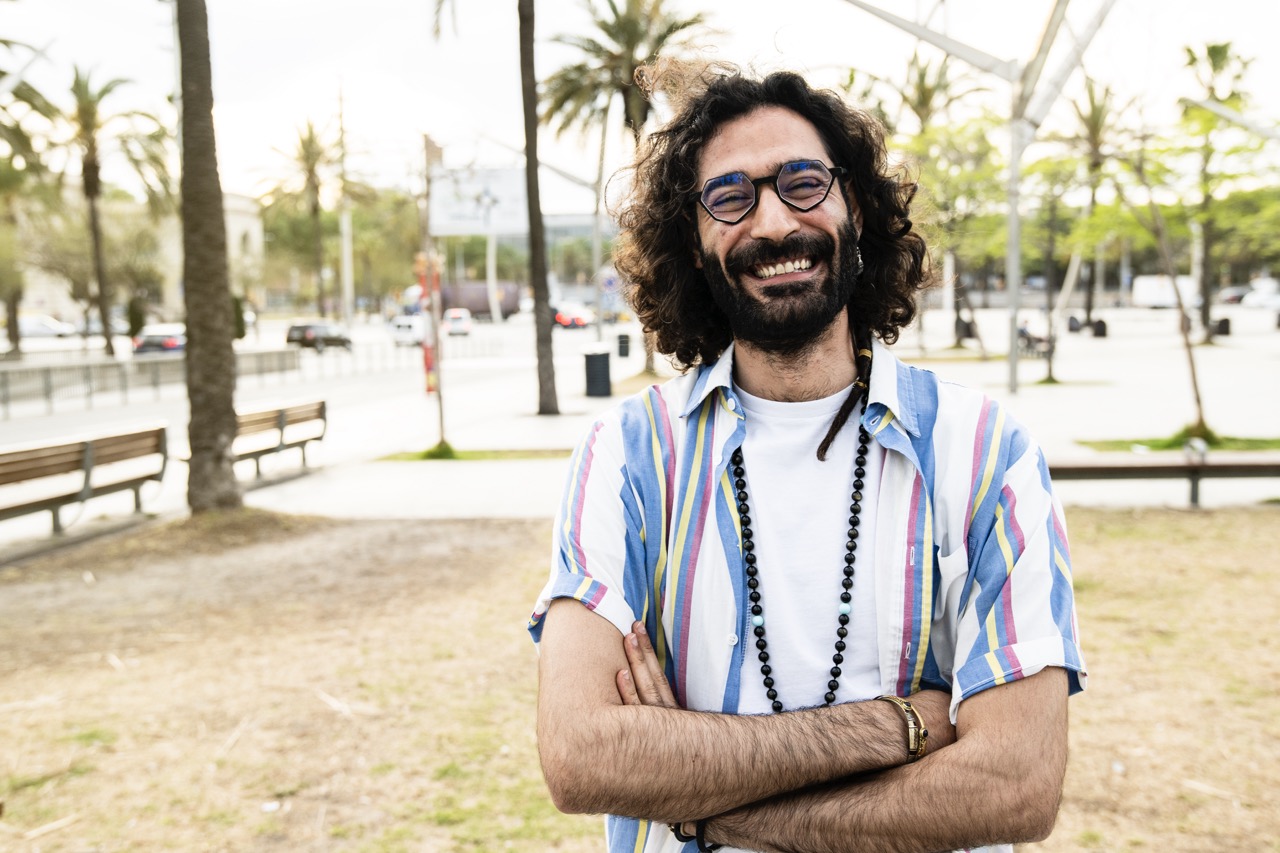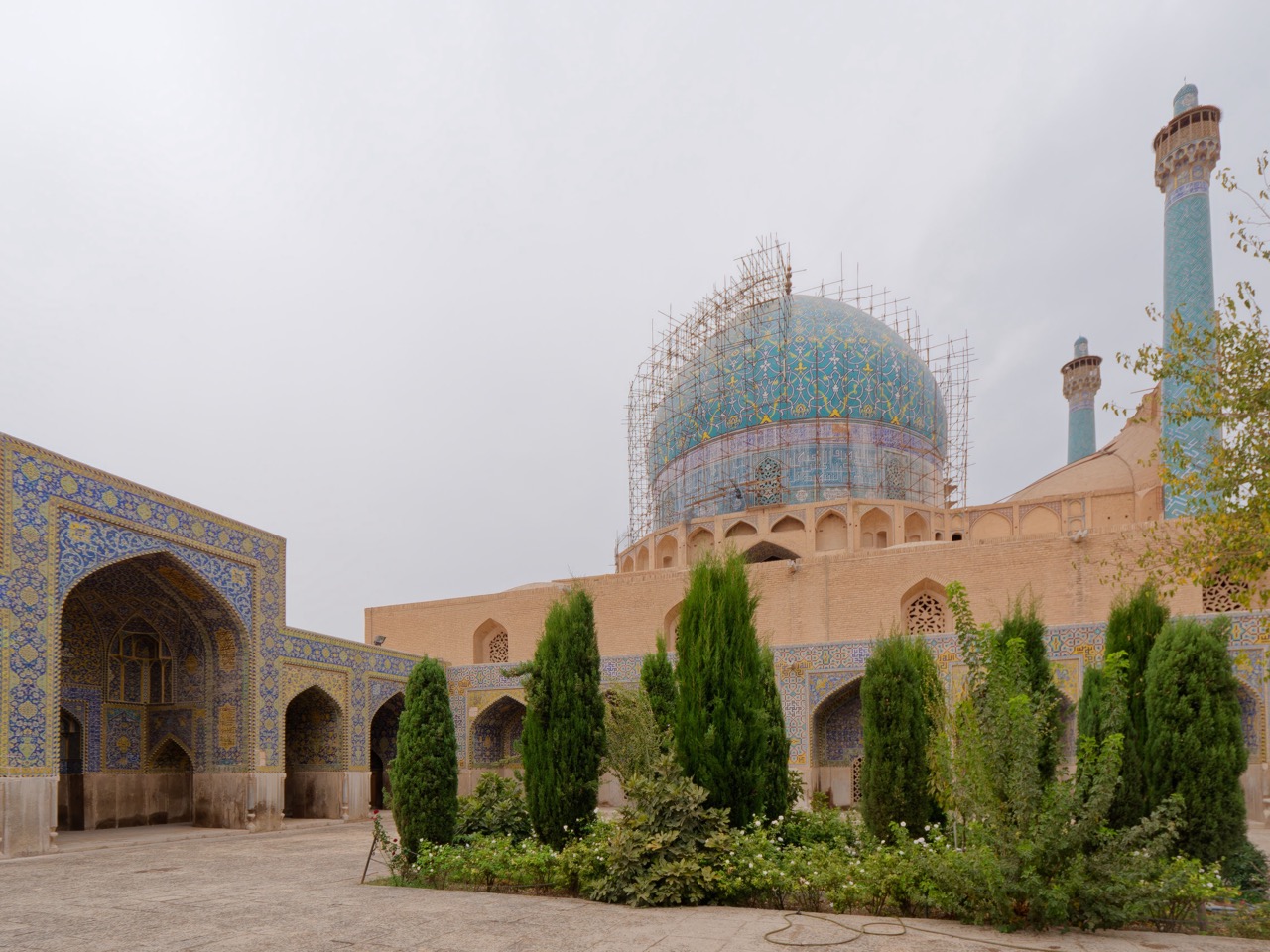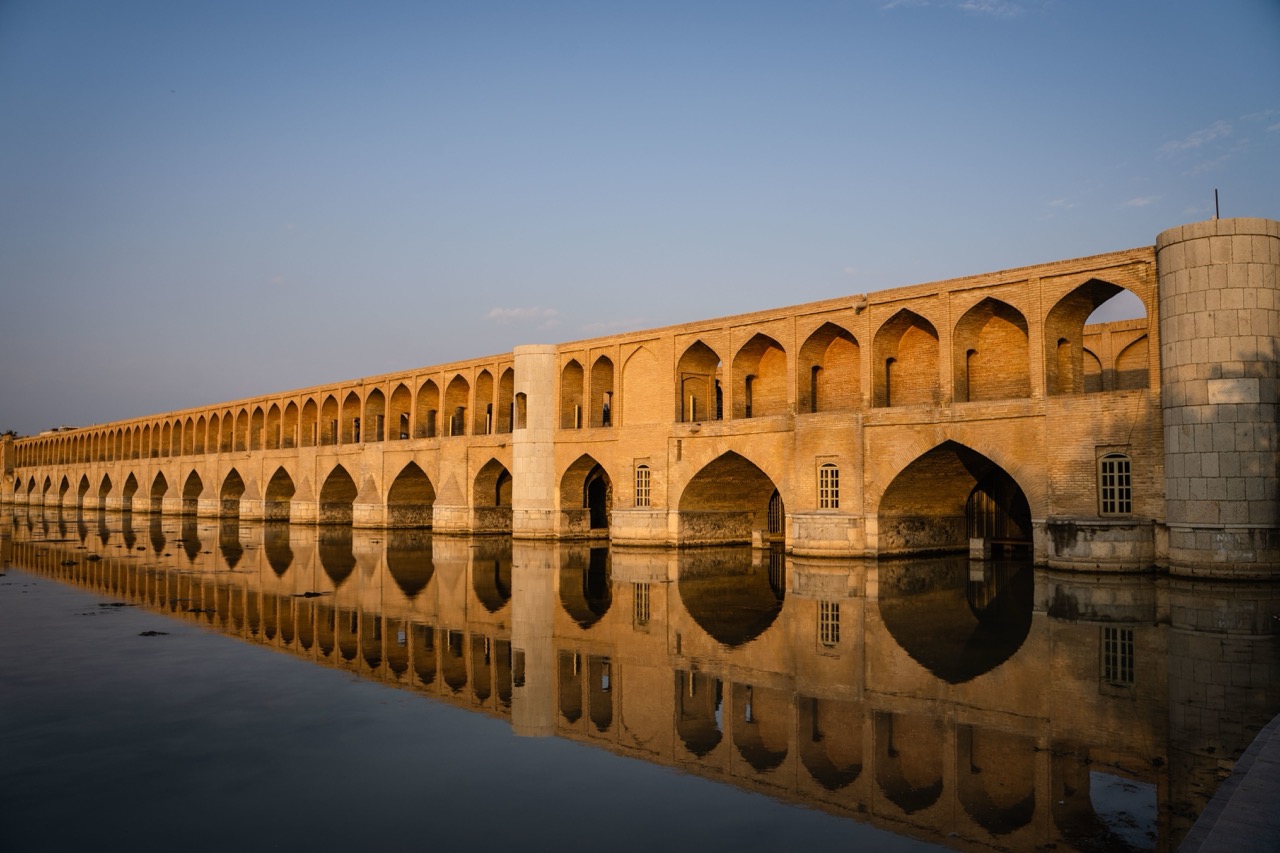Persian proverbs, rich in meaning and steeped in history, serve as microcosms of the Iranian cultural landscape. Each proverb encapsulates wisdom that has been passed down through generations, reflecting the values, beliefs, and experiences of the Persian people. These sayings not only provide insights into daily life but also offer guidance on moral conduct and social interaction. This article delves into the multifaceted world of Persian proverbs, exploring their origins, themes, and enduring relevance.
The Timeless Wisdom of Persian Proverbs Explained
Persian proverbs often distill complex ideas into succinct phrases, making them memorable and easy to share. They offer practical guidance for navigating life’s challenges, emphasizing the importance of wisdom, patience, and understanding. For instance, the proverb “A wise man learns more from his enemies than a fool from his friends” highlights the value of introspection and the lessons that can be gleaned from adversarial experiences.
Moreover, these proverbs often employ metaphorical language to convey deeper meanings, illustrating life lessons in a way that resonates with individuals across different contexts. This timeless wisdom has allowed Persian proverbs to remain relevant through the ages, as they address universal themes like love, loss, and perseverance, appealing to both the heart and mind of the listener.
Exploring the Cultural Roots of Persian Proverbs
The roots of Persian proverbs can be traced back to ancient Persia, where oral traditions were integral to the preservation of knowledge and cultural identity. These sayings often draw on historical events, folklore, and the teachings of notable poets and philosophers, such as Rumi and Saadi. The use of proverbs in everyday conversation reflects a rich oral tradition that emphasizes community and shared wisdom.
As a window into Iranian culture, these proverbs encapsulate the intricacies of social norms, customs, and traditions. They offer insights into the collective psyche of the Persian people, illustrating how communal values and interpersonal relationships are prioritized. By embedding cultural nuances into concise phrases, Persian proverbs create a bridge between the past and present, allowing modern audiences to connect with their heritage.
Key Themes Commonly Found in Persian Proverbs
Several recurring themes emerge in Persian proverbs, including the significance of patience, the value of knowledge, and the importance of humility. Many proverbs advise caution and reflection, such as “Patience is bitter, but its fruit is sweet,” suggesting that the rewards of perseverance far outweigh the struggles involved. Such themes resonate deeply within Persian culture, where patience is often seen as a virtue.
Knowledge and wisdom are also central themes, with proverbs often emphasizing the importance of learning from life’s experiences. For instance, the saying “A drop of wisdom is better than a sea of knowledge” suggests that practical wisdom derived from experience is more valuable than theoretical knowledge alone. These themes not only reflect individual values but also shape the moral framework within which the community operates.
How Persian Proverbs Reflect Iranian Society and Values
Persian proverbs serve as mirrors reflecting the societal values and collective mindset of Iran. They encapsulate the essence of interpersonal relationships, the importance of familial bonds, and the reverence for tradition. Proverbs like “A family with a bad reputation is like a tree without roots” underscore the significance of family honor and the impact of reputation on one’s social standing.
Furthermore, proverbs often highlight the tension between tradition and modernity, addressing how societal changes can challenge established norms. For example, the saying “The one who eats alone dies alone” speaks to the value placed on community and togetherness, emphasizing the need for social connections in an increasingly individualistic world. These reflections provide valuable insights into the ongoing evolution of Iranian society.
The Art of Storytelling in Persian Proverbs
The storytelling aspect of Persian proverbs is vital to their charm and effectiveness. Many proverbs encapsulate stories or anecdotes that convey moral lessons or practical advice. Through vivid imagery and relatable situations, these sayings engage the listener’s imagination, making the message more impactful and memorable. This artful narrative technique not only entertains but also educates, ensuring the wisdom shared is easily absorbed.
In addition to their storytelling attributes, Persian proverbs often evoke rich cultural imagery, connecting listeners to their roots through shared narratives. This storytelling tradition fosters a sense of belonging and identity among speakers, reinforcing communal ties. The ability of these proverbs to convey serious messages through captivating stories underscores their significance in Persian culture and their role in shaping individual and collective identities.
Famous Persian Proverbs and Their Symbolic Meanings
Among the wealth of Persian proverbs, several stand out due to their profound impact and widely recognized meanings. “The guest is a gift from God” reflects the deep-rooted tradition of hospitality in Iranian culture, emphasizing the importance of treating guests with honor and respect. This proverb symbolizes the cherished value of generosity, which is central to social interactions in Iran.
Another notable proverb, “When the heart is full, the tongue is silent,” serves as a reminder of the complexity of human emotions. It suggests that when one experiences overwhelming feelings, expression may falter. This proverb resonates with the Persian tradition of valuing emotional depth and introspection, highlighting how emotions can shape communication in personal relationships. These symbolic meanings enrich the cultural tapestry of Iranian life.
Everyday Life Lessons from Persian Proverbs
Persian proverbs offer a treasure trove of life lessons that individuals can apply in their daily lives. From encouraging perseverance in the face of adversity to promoting humility during times of success, these sayings serve as guiding principles. For example, the proverb “One who has no enemies has no friends” teaches the importance of understanding different perspectives and fostering connections, even amidst conflicts.
Moreover, many Persian proverbs emphasize the power of kindness and compassion. The saying “Much of the world’s sorrow comes from people who are not talking to one another” highlights the importance of communication and understanding in resolving conflicts. Such lessons are invaluable for personal growth and navigating interpersonal relationships, illustrating how the wisdom contained in these proverbs can inform modern living.
The Role of Proverbs in Persian Literature and Poetry
Proverbs have long played a significant role in Persian literature and poetry, enriching the narrative with layers of meaning and cultural references. Renowned poets like Hafiz and Rumi often incorporated proverbs into their works, using them to illustrate complex ideas or to add a humorous touch. This blending of proverbs and poetry allows for a unique exploration of themes such as love, spirituality, and the human condition.
Furthermore, proverbs often serve as valuable tools for poets to connect with their audience, providing familiar phrases that evoke shared cultural experiences. This interplay between proverbs and literature deepens the emotional resonance of a poem, creating a rich tapestry of language that celebrates Persian heritage. The continued presence of proverbs in literature highlights their enduring significance in articulating both personal and collective narratives.
Using Persian Proverbs in Modern Conversations
In contemporary Iranian society, the use of proverbs in conversation remains prevalent, providing a linguistic bridge between tradition and modernity. Individuals often employ proverbs to convey wisdom in a succinct manner, enriching discussions with culturally resonant phrases. For example, incorporating proverbs into everyday dialogue can enhance communication, allowing for deeper connections and shared understanding among speakers.
Moreover, young Iranians are increasingly embracing these proverbs in a modern context, adapting them to fit contemporary situations. This dynamic usage not only preserves the proverbs but also reinvigorates them, ensuring their relevance in an ever-evolving society. The integration of traditional wisdom into modern conversations illustrates the adaptability of Persian proverbs and their role in fostering continuity across generations.
Preserving Persian Proverbs for Future Generations
As globalization and modern communication methods reshape societies, the preservation of Persian proverbs becomes essential to maintaining cultural identity. Initiatives aimed at documenting and teaching these proverbs can help ensure that future generations appreciate their significance. Whether through literature, education, or oral storytelling, efforts to preserve these sayings will help safeguard the rich heritage of Persian wisdom.
Additionally, engaging younger audiences with interactive platforms—such as social media or educational programs—can foster interest in Persian proverbs. By showcasing their applications in contemporary life, these initiatives can encourage a renewed appreciation for age-old wisdom. In this way, the preservation of Persian proverbs not only honors the past but also enriches the cultural fabric of the future.
In conclusion, Persian proverbs serve as a vital means of cultural expression, embodying the wisdom, values, and experiences of the Iranian people. Their ability to convey complex ideas through simple phrases speaks to the power of language in shaping our understanding of the world. By exploring the origins, themes, and modern relevance of these proverbs, we can appreciate their role not only in individual lives but also in the broader context of Iranian society. As we strive to preserve this rich heritage, we ensure that the timeless wisdom of Persian proverbs continues to inspire and guide future generations.










